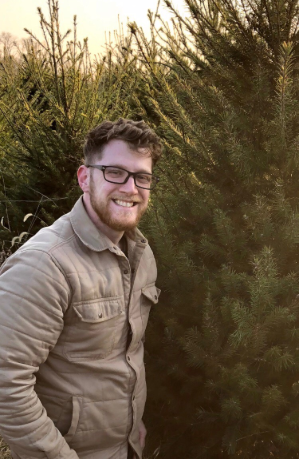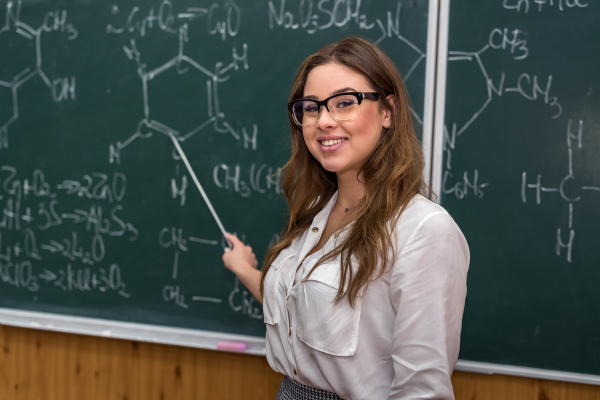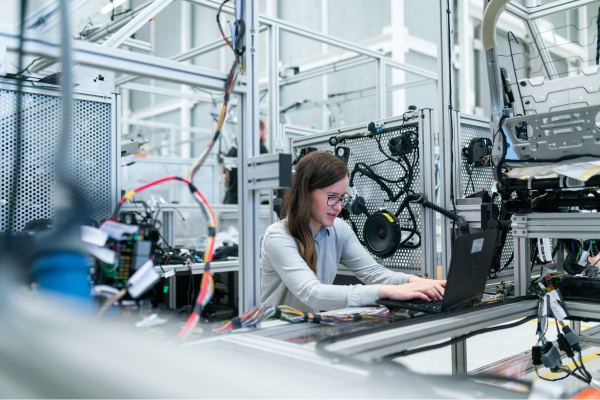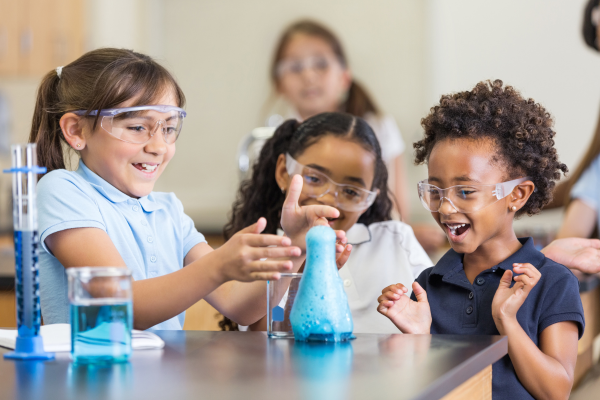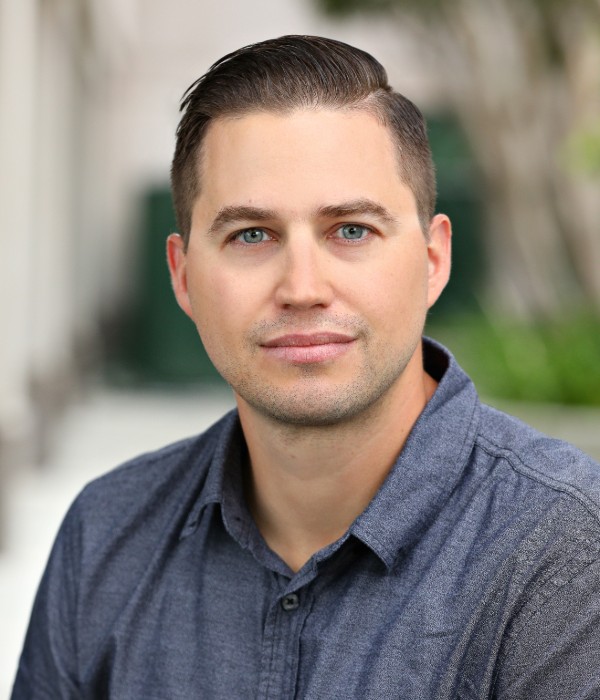By: Neil Savage, special to C&EN
As an undergraduate majoring in chemistry at Lehigh University in Bethlehem, Pennsylvania, Bradley Wooler thought he’d like to go into pharmaceutical manufacturing. To prepare, he did an internship with a local start-up, a one-person operation called Pharma-Med that was trying to make generic versions of drugs. He’d cook up a batch of a candidate drug and press it into pill form, then test it to see whether it met all the requirements for the drug.
But in the course of his job hunt during his senior year, he was contacted by a company that did contract work for oil giant ExxonMobil. He wound up working for the oil company on covalent organic frameworks designed to capture carbon dioxide during the refining process, an effort to curb emissions of the greenhouse gas that contribute to global warming.
Now he is part of a team trying to develop better catalysts for use in refining diesel fuel. He tests candidate materials, then places the most promising ones in a reactor for a weeks-long real-world tryout.
Such catalysts remove sulfur and nitrogen from the diesel feedstock so that the final product is as environmentally friendly as possible. “The ideal goal would be to have no nitrogen or sulfur, but mainly we’re trying to get rid of as much as we can,” he says. To compete with existing commercial catalysts, a new material will have to be relatively easy to make, remove as much of the unwanted components as possible, and do it at lower temperatures and pressures, thereby making the manufacturing process more energy efficient. “It’s a daunting goal,” he says.
Wooler’s family does not include any scientists, but his interest was sparked by a chemistry class during his senior year in high school. The job is challenging enough to hold his interest, he says, and gives him the opportunity to work with his hands. “I get bored really quickly if I’m just sitting at a desk all day,” Wooler says.
What’s in your lab coat pocket?
About 15 pens, and my phone and earbuds so I can listen to music. It’s not uncommon for me to go from Marvin Gaye to Metallica.
What’s your favorite experiment?
I volunteer for the annual take-your-kid-to-work day. One year I did “elephant toothpaste”—water, yeast, dish soap, and hydrogen peroxide. It forms this enormous (but nontoxic) foam that just shoots everywhere.
What can’t you live without in the lab?
My music. A lot of my day includes tedious stuff like washing dishes. That would be a lot more boring to me if I didn’t have something to zone out with.
Is there a problem that keeps you up at night?
Not really. I don’t bring my work home with me.
Who is your mentor?
My boss, Yi Du. In my early years when I didn’t know much, she really had patience with me and allowed me to develop on my own.
What is the most important product you’ve worked on?
Definitely what I’m working on now, the catalyst. I can see us finding something promising that could be used in refineries.
Do you worry about the environment a lot?
Increasingly, yes. I went to Scotland recently and they’re so much more progressive with their policies and the ways they conserve and recycle.
Do you have any hobbies?
Golfing, hiking, playing pretty much any sport. Anything outdoors is a good time for me.
What’s your dog’s name?
Copper. He’s a German shepherd and boxer mix. At least that’s what the vet thinks.
Who do you try to emulate?
My dad. I get my work ethic from him.
What’s your favorite drink?
Coffee. I enjoy sitting down at the end of the day with a cup of coffee. I find it very soothing.

Neil Savage is a freelance contributor to Chemical & Engineering News, the newsmagazine of the American Chemical Society. This interview was edited for length and clarity.

